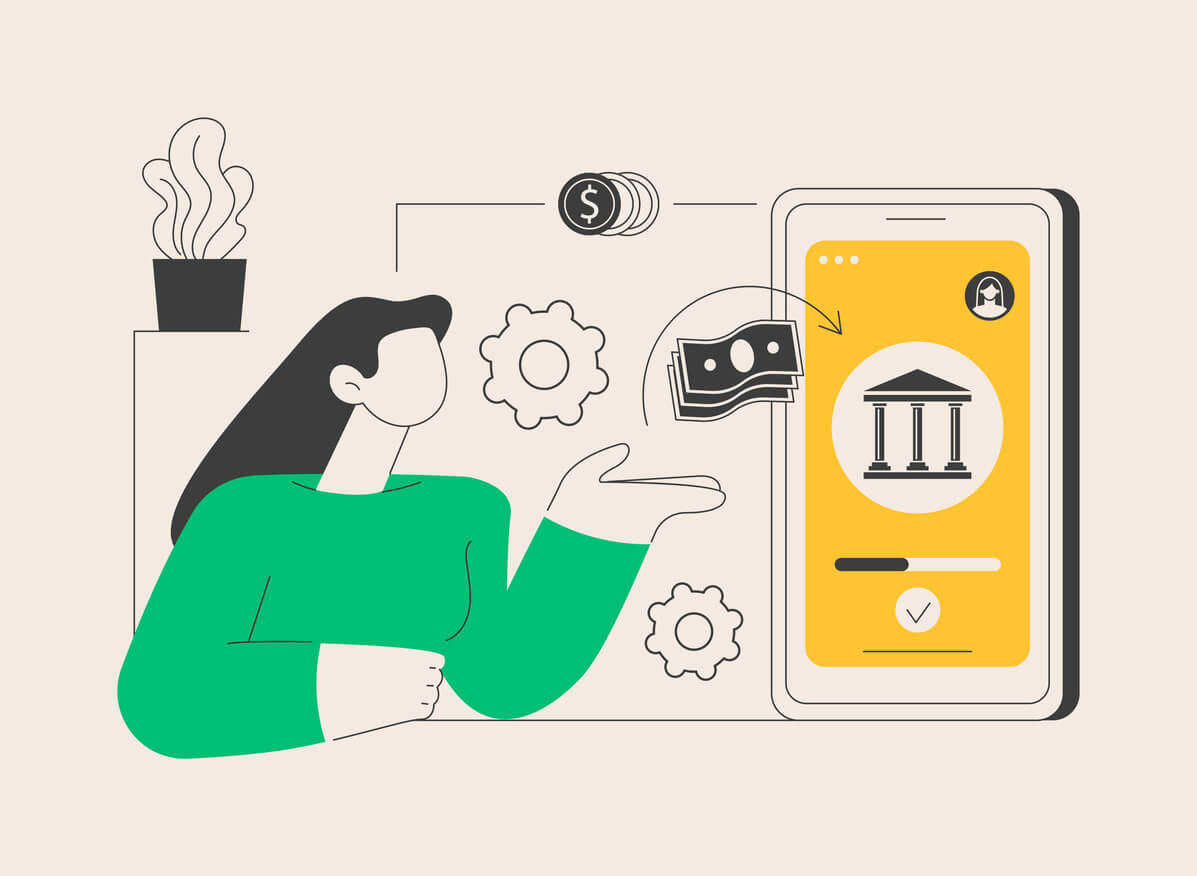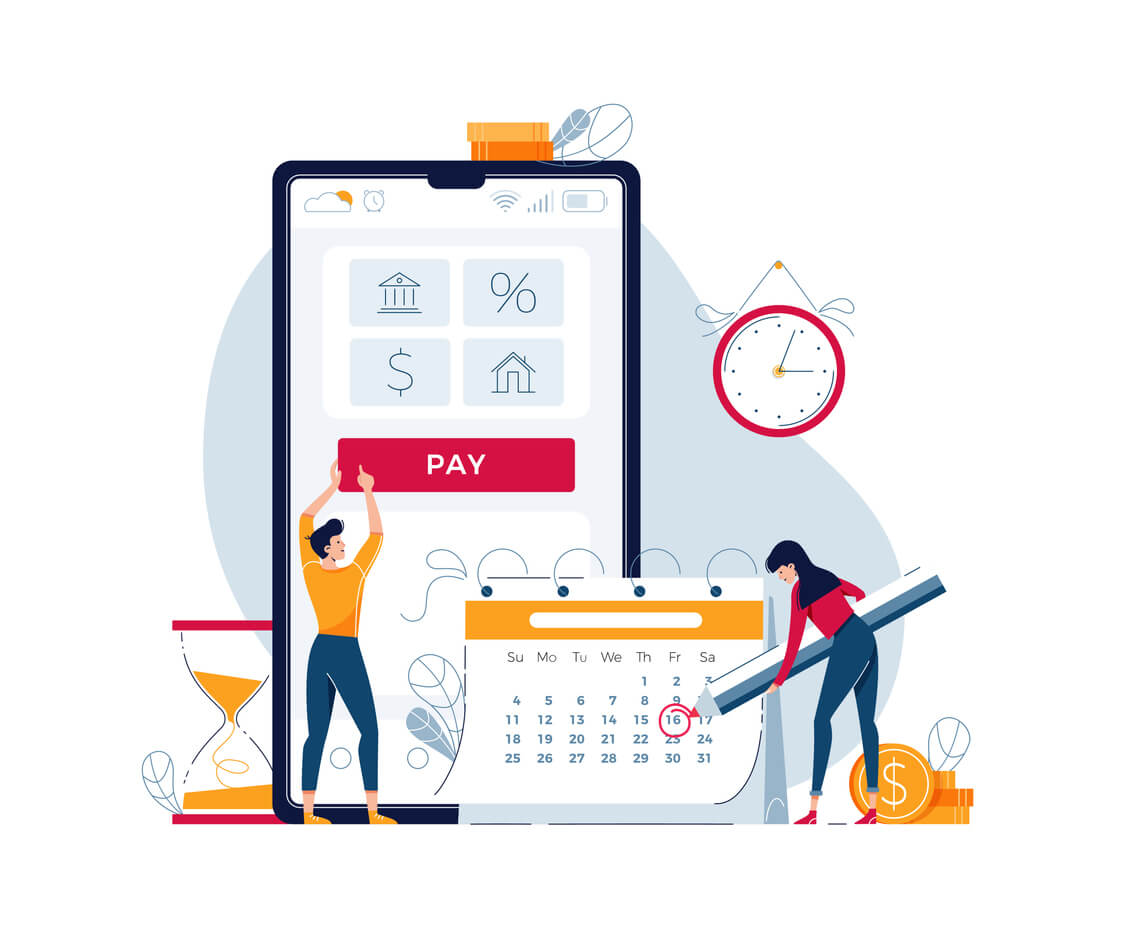
Imagine the satisfaction of making your last loan payment. Paying off your loan means you've reached the point where you pay off the entire remaining balance, including any interest and fees.
In this glossary page, we'll help you better understand the concept of a loan payoff, explain related topics, and answer commonly asked questions. By the end of this guide, you'll have a clear grasp of what a loan payoff entails and how it can positively impact your financial journey.
A loan payoff refers to the amount needed to satisfy the total amount borrowed. It differs from the remaining balance as it also includes the required fees and applicable interest. When preparing to take the final step in your borrowing journey by completely paying off your loan, you need to know the loan payoff amount.
The purpose of a loan payoff is to provide the amount needed to settle your debt. When you pay off the entire balance, including any interest and fees, you fulfill your financial obligation to the lender. Paying off a loan frees up your finances, allowing you to redirect funds toward other goals, such as saving for the future, investing, or reducing other debts.
Yes, loan payoffs and loan balances are different. A loan balance refers to the remaining principal amount you owe on the loan. It doesn't include any additional costs or interest that may have accrued.
On the other hand, a loan payoff amount includes the principal balance plus any accrued interest, fees, or penalties up to the payoff date. The payoff is the sum you must pay to settle your loan. Understanding this difference is crucial for effectively managing your financing and ensuring you're prepared when it's time to pay off your loan.
A loan payoff amount is typically more than the loan balance because the loan balance doesn't include additional costs such as fees, penalties, or accrued interest. When you request a loan payoff amount, the lender calculates the total amount needed to settle the loan completely.
Calculating a loan payoff involves more than just looking at your remaining balance. Lenders add the remaining principal balance, any accrued interest up to the payoff date, and any applicable fees or penalties to determine the payoff amount. For example, if you owe $5,000 in principal and the loan is subject to $100 in accrued interest plus a $50 early payoff fee, your payoff amount would be $5,150.

Paying off a loan early can be good or bad, depending on your situation. On the positive side, it may reduce the total interest paid over the life of the loan, improve your debt-to-income ratio, and offer financial freedom. However, some loans come with prepayment penalties, which are fees for paying off the loan ahead of schedule.
Generally, a bank cannot refuse a loan payoff if you can pay the total amount. However, issues may arise in specific circumstances.
For example, if the loan agreement includes a prepayment penalty, the bank might enforce this penalty if you attempt to pay off the loan early. Additionally, the borrower must resolve any disputes or errors in the loan account before the lender can process the payoff.

Proof of payoff is an official document or statement from your lender confirming the total repayment of your loan. This document includes details such as the payoff amount, the payment date, and a declaration that you have satisfied your loan obligation. It indicates that you no longer owe any money on the loan.
Paying off a loan is a significant milestone, opening new financial opportunities. A loan payoff can provide the information you need to prepare to repay the required amount. After paying off a loan, you can improve your credit score and debt-to-income ratio, making it easier to qualify for future loans with better terms.
Ready to explore new borrowing options and see how your loan payoff affects other financial opportunities? Submit your loan request to Lightning Money Loans to see if a loan option is available to you that best suits your needs.